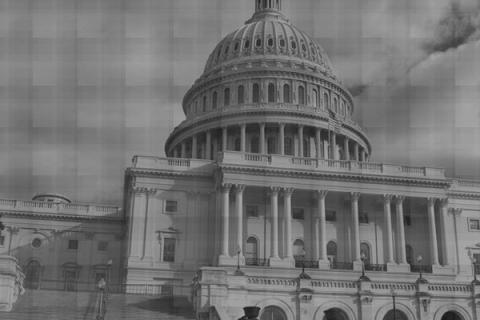Following last week’s announcement by Governor Arnold Schwarzenegger that carrying an ounce of pot would now carry effectively the same penalty as a parking ticket, the controversial marijuana legalization initiative known as Proposition 19 has swung like a pendulum between low poll numbers and high poll numbers. Picking up endorsements and condemnations with equal stride, a huge helping of money from Facebook co-founder Duskin Moskovitz, and a story in Politico bemusedly pointing out the mysterious neutrality of the California Democratic Party on the measure, Prop 19 has emerged as the defining proposition on the ballot, and the avalanche of news over the past week has only cemented that status.
In no small measure, the battle lines presently drawn over the measure can be boiled down to one factor – not party affiliation, nor ideology, nor ethnicity, nor sex, nor income, but one far more significant given the present political climate – namely, age. The aforementioned Politico story observed in its coverage of Proposition 19 that:
“in both the PPP poll released Sept. 22, and a recent Field Poll, Proposition 19 is leading solidly. The PPP survey had it at 47 percent saying they'll vote yes, 38 percent saying no, and 14 percent undecided. Field, released last week, had support at 49 percent and opposition at 42 percent. But that survey also found that young voters are the biggest proponents of the measure, with the under-40 crowd supporting it 59 percent to 33 percent.”
Moreover, the aforementioned influence of Facebook on the Proposition is arguably a chicken-egg question, given that Facebook’s founders are of the same age as the majority of Proposition 19’s supporters, and also given that the measure’s popularity among people of that age could very easily make a donation to it a good PR move with respect to young people.
In contrast, 24 California newspapers (none of which could be accused of being run by people under 30) have come out against the measure, arguing in lockstep that it is a gimmick, unwise as a matter of public safety and so logistically vague that it could induce a regulatory crisis just by existing. None of these objections can be expected to hold much weight with the youthful supporters of the measure, who (in some cases rightfully) view the politics of the past as fundamentally broken. And indeed, it’s dubious whether these objections hold much weight even with those who make them, given that they are, by and large, technical questions not geared toward mass mobilization.
Rather, the issue at stake in the battle over Proposition 19 seems to be primarily a moral one – that is, should the “victimless crime” of marijuana use be treated as a crime at all? This is a subject which has a severe generation gap, given the relatively less religious and more libertarian character of younger voters, whose increasingly iconoclastic view of older generations and the moral norms thereof has become a massive wild card not just in California politics, but nationally.
At stake here, in short, is the Baby Boomer and Generation X-oriented canard that one should “Just Say No” to the scourge of drugs, pitted at loggerheads with the “Leave me Alone” ethos of the millennials. This generational fight has the potential to blossom into a war, in which Proposition 19 could be the "bong hit smelt round the world".

